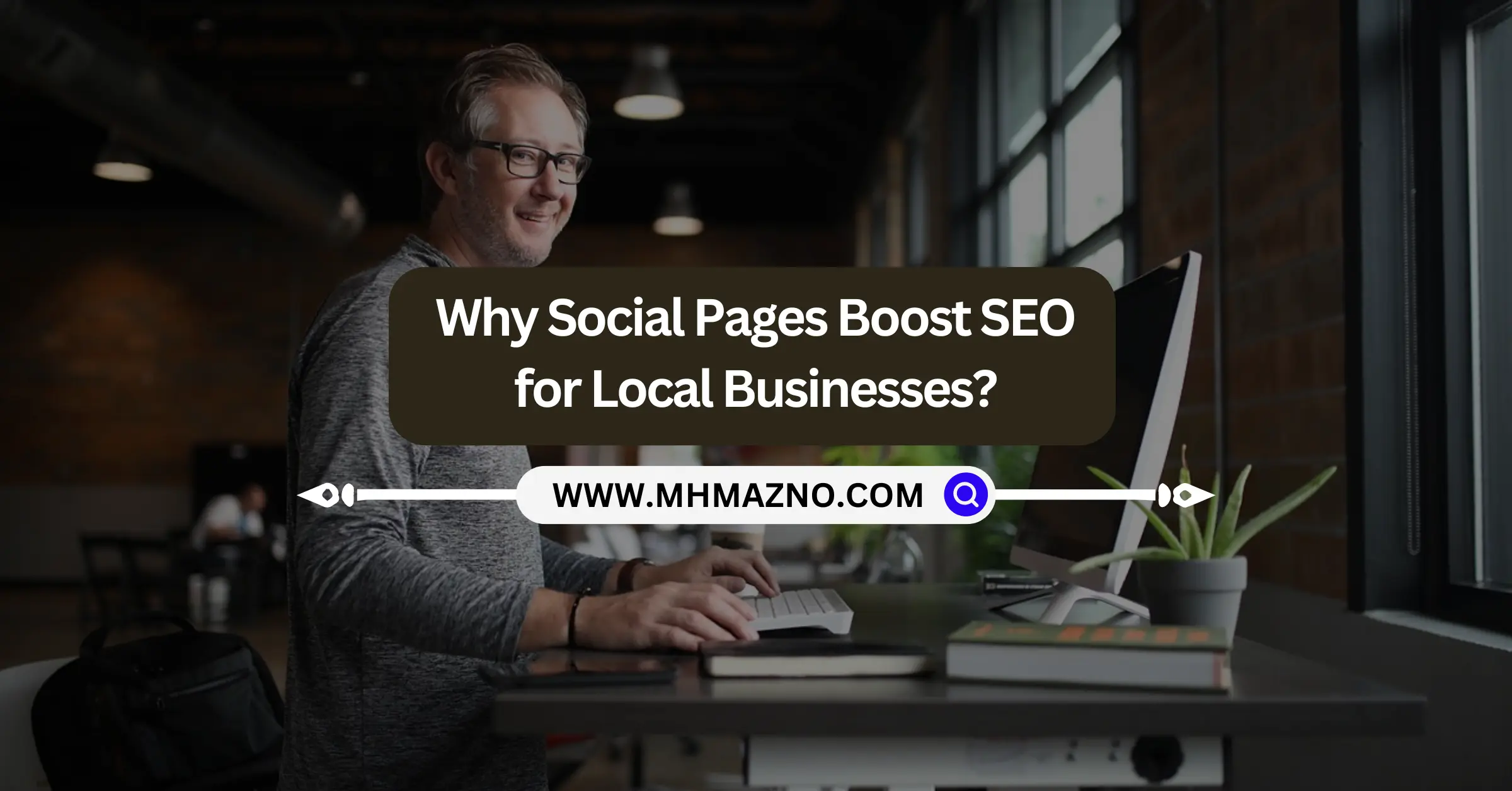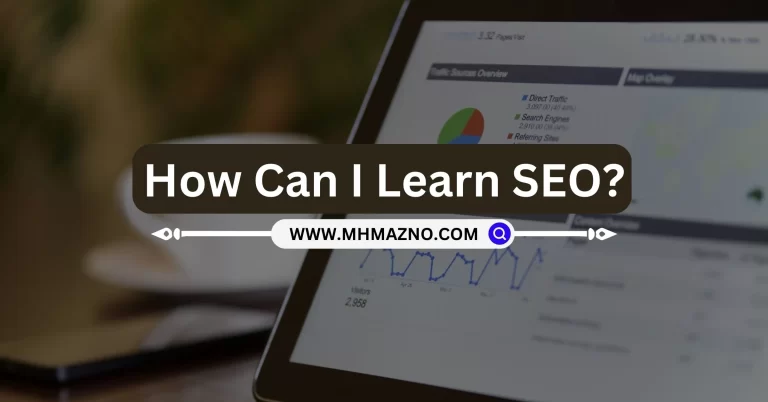Introduction: The Impact of Social Media on Local SEO
In the digital age, social media is more than just a platform for socializing; it has become a crucial element in the strategic framework of SEO, particularly for local businesses. Understanding why social pages boost SEO for local businesses can empower these entities to enhance their online visibility and drive more traffic to their websites. Social media affects SEO in several indirect ways by influencing the factors that search engines consider when ranking sites. By creating strong social signals through engagement, shares, and likes, businesses can significantly improve their search engine visibility and ranking. This introduction explores the symbiotic relationship between social media and local SEO, setting the stage for a deeper dive into the specific mechanisms and strategies involved.
What Are Social Pages?
Social pages are the business profiles created on various social media platforms including Facebook, Instagram, Twitter, LinkedIn, and Pinterest. These profiles act as the digital storefront of a business, playing a crucial role in marketing, promotions, customer engagement, and brand building. Each platform caters to a unique demographic and offers distinct features, enabling businesses to customize their communications and engage effectively with their target market segments.
For instance, Facebook boasts over 2.91 billion monthly active users, making it a valuable platform for reaching a broad audience (Source: Statista, 2022). Instagram, known for its high engagement rates, reports that 90% of its users follow at least one business, highlighting its potential for brand exposure (Source: Instagram Business). On the other hand, LinkedIn serves as a critical network for B2B companies, with over 774 million professionals using the platform, which can be leveraged for industry-specific networking and lead generation (Source: LinkedIn).
By utilizing these social pages, businesses can not only post regular updates and respond to customer inquiries but also share targeted content that resonates with their audience. This interaction not only fosters brand loyalty but also generates significant social signals such as likes, shares, and comments, which are integral to enhancing SEO. These activities help increase the visibility of their social content in search engine results, driving more organic traffic to their websites.
The Role of Social Media in Search Engine Ranking
Social media’s role in search engine ranking has evolved over the years. Although social signals are not direct ranking factors, they influence search engine optimization in significant ways. For example, content that is highly shared on social media can increase its visibility and generate additional traffic. Furthermore, these interactions can lead to more backlinks as other websites may link to the content, a critical factor in SEO. Additionally, social media profiles often rank in search results for brand names, thus increasing a brand’s visibility online.
How Social Signals Influence SEO
Social signals such as likes, shares, and comments indicate that users are engaging with content, a factor that search engines consider when ranking sites. High engagement rates can signal to search engines that the content is valuable and relevant, potentially increasing its visibility in search results. Moreover, social signals can lead to increased brand exposure and recognition, more inbound links, and enhanced trust and authority, all of which are beneficial for SEO.
Enhancing Visibility with Social Media Profiles
Creating and maintaining robust social media profiles can directly impact the visibility of a business. These profiles rank in search engines themselves, often appearing in top results when consumers search for a business or related terms. By optimizing these profiles with accurate business information, rich keywords, and engaging content, businesses can improve their overall SEO performance. This strategy ensures that when potential customers search for related products or services, a business’s social pages are among the first results they see.
Driving Traffic: Social Media to Website
Social media is a powerful tool for driving traffic to a business’s website, which is a critical factor in SEO. By posting engaging content with compelling calls to action and linking directly to their websites, businesses can increase their site traffic. This increased traffic not only boosts SEO but also provides more opportunities for conversions and sales. Regular updates and interactive posts ensure that the audience remains engaged and frequently visits the website.
Building Local Links Through Social Media
Local links are crucial for local SEO, and social media provides an excellent platform for building these links. Businesses can engage with local audiences through community-based posts, local news, and by participating in or sponsoring local events. Such engagement can encourage other local sources to link back to the business’s website, thereby enhancing its local SEO profile. These links serve as endorsements that improve the credibility and ranking of the business in local search results.
Content Strategy: Leveraging Social Media for Fresh Content
A dynamic content strategy is vital for keeping a business relevant and engaging on social media. This involves not only creating new, valuable content but also sharing it strategically across social platforms to reach a broader audience. Fresh content on social media can drive more traffic to a website, increase engagement, and provide more opportunities for content to be shared and linked back to. This process continuously improves the SEO of the business by keeping it active and visible to search engines.
Keywords and Hashtags: Boosting Local Discoverability
Utilizing keywords and hashtags effectively on social media can significantly boost a business’s discoverability to local customers. By researching and using local and industry-specific keywords and hashtags, businesses can ensure that their posts are more likely to be seen by those searching for related content. This targeted visibility helps to drive local traffic, both to their social media pages and their main website, which is beneficial for local SEO.
Successful Local SEO Campaigns Using Social Media
There are numerous case studies and examples of local businesses that have successfully used social media to boost their SEO. These success stories often involve a combination of strategic content creation, community engagement, and consistent social activity. By analyzing these campaigns, businesses can learn best practices and strategies for integrating social media into their own SEO efforts.
Social Media Platforms Best Practices for Local Businesses
For local businesses, certain best practices can optimize the effectiveness of their social media efforts. These include using local business tags on platforms like Facebook and Instagram, engaging with local followers through comments and messages, and posting content relevant to local events or issues. Additionally, maintaining a consistent posting schedule and using analytics tools to monitor performance can help businesses refine their strategies and achieve better results.
Monitoring Social Media Performance to Improve SEO
To effectively enhance SEO through social media, businesses need to monitor their performance metrics closely. This involves tracking engagement rates, link clicks, share metrics, and the growth in followers. Tools such as Google Analytics and native analytics from social media platforms can provide insights into how social media activities influence website traffic and search engine rankings.
Challenges and Solutions in Social SEO for Local Businesses
While social media offers numerous benefits for SEO, there are challenges as well. These include maintaining an active social presence, dealing with negative feedback, and continuously creating engaging content. Solutions involve scheduling regular posts, using reputation management strategies, and engaging professional content creators to maintain a high-quality social feed.
Frequently Asked Questions:
How often should a local business post on social media to improve SEO?
A local business should aim to post on social media at least 3-5 times per week to maintain engagement and relevance, which indirectly benefits SEO by driving traffic and generating social signals.
Can social media profiles directly affect my business’s Google rankings?
Social media profiles themselves do not directly impact Google rankings, but the traffic, engagement, and backlinks they generate can indirectly influence SEO outcomes by signaling value and relevance to search engines.
Which social media platforms are most important for local SEO?
For local SEO, platforms like Facebook and Instagram are crucial due to their widespread use and features like location tags and business pages. Google My Business, although not a traditional social media platform, is also essential for managing local business listings and reviews, directly impacting local search visibility.
Conclusion: Optimizing Social Media for Enhanced Local SEO
To conclude, the question of why social pages boost SEO for local businesses has a multifaceted answer. By increasing visibility, driving traffic, and enhancing engagement, social media plays a crucial role in modern SEO strategies. Local businesses that effectively leverage their social media presence can enjoy significant benefits in terms of improved search engine rankings and overall online presence. With thoughtful strategies and consistent effort, social media can become a powerful tool in enhancing local SEO.
Related Articles










